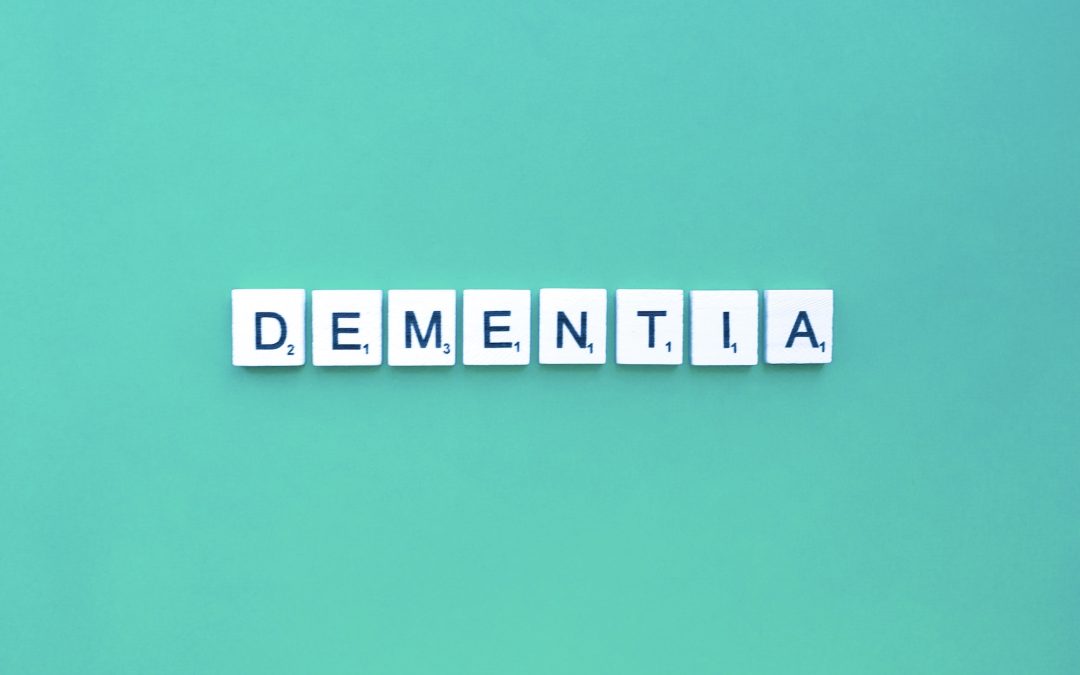According to experts, there may be new evidence on how lowering blood pressure cuts dementia risk. Keep reading to learn more.
According to a recent study appearing in the European Heart Journal, treatments to lower blood pressure may significantly reduce the risk of dementia. “The study puts forward an individual participant data analysis of double-blind placebo-controlled trials that all used blinded expert adjudication of dementia according to standardized criteria,” said Dr. Phillip Tully, PhD., registered psychologist and researcher at the University of Adelaide. “Consequently, this study constitutes the strongest evidence to date on antihypertensive drugs and dementia risk.” Tully was not involved in the study.
Blood Pressure and Dementia
 “The data obtained across multiple countries utilizing various antihypertensive drugs versus placebo suggests that irrespective of the type of antihypertensive drug, blood pressure lowering among individuals with hypertension is associated with lower dementia risk,” Tully explains.
“The data obtained across multiple countries utilizing various antihypertensive drugs versus placebo suggests that irrespective of the type of antihypertensive drug, blood pressure lowering among individuals with hypertension is associated with lower dementia risk,” Tully explains.
Researchers found that participants who took blood pressure medications had a 13 percent lower risk of dementia. However, they noted that antihypertensive treatments didn’t affect cognitive decline. Ultimately, they concluded that treatments to lower blood pressure in late-mid and later life lower the risk of dementia.
Hypertension Treatments
“High blood pressure causes strain on the blood vessels over time, [which] can cause the walls of arteries to become thicker and stiffer as well as narrower, this is called arteriosclerosis,” explains Dr. Emil Tsai, Ph.D., M.A.S., chief scientist and C.E.O. of SyneuRx, and Professor at the Department of Psychiatry and Behavioral Sciences at the University of California, Los Angeles (UCLA). “This narrowing of the arteries can happen in the brain, causing a lack of nutrients and oxygen, which causes damage that prevents the brain from functioning properly.”
“High blood pressure can also cause a patient to suffer a stroke,” Tsai adds. “A stroke can cause brain cell death that may lead to the development of vascular dementia, the second most common form of dementia after Alzheimer’s.”
However, Dr. Philip Blum, a neurologist at Memorial Hermann Mischer Neuroscience Associates who was not involved in the study, explains some of the study’s limitations:
- “The obvious presumption is that by reducing vascular disease in the brain, there are more uninjured neurons available to fight the effects of neurodegenerative disease. That presumption is unproven, and considering the nature of these types of studies, it likely will be difficult to test. This leads to the limitations of such studies. They are observational in nature. Imagine doing a study in which the researchers don’t treat hypertension in half of the patients. It would be unethical and will never be done.”
 Nevertheless, we do know that high blood pressure leads to heart disease, the leading cause of death in the United States. Therefore, whether it affects the risk of dementia or not, you should still make sure your blood pressure falls in a healthy range.
Nevertheless, we do know that high blood pressure leads to heart disease, the leading cause of death in the United States. Therefore, whether it affects the risk of dementia or not, you should still make sure your blood pressure falls in a healthy range.
To do this, make sure you practice healthy lifestyle habits like eating healthily, exercising regularly, and taking supplements like L-arginine Plus. Its ingredients promote circulation, blood pressure, cholesterol, and overall heart health. Give your health the support it deserves by leading a healthy lifestyle and taking L-arginine Plus.

